
Land mines have been around for a long, long time. The first recorded use of a land mine, the so-called “tunnel mine,” was 3000 years ago in Ancient Assyria (see Figure 9). Later, during the Iron Age, Ancient military engineers developed the, “caltrops,” a four pronged weapon made of iron in which one of its “spikes” is always pointed upward. Its ingenious design and ease of deployment has made it, according to the website, The History of Landmines, “the longest serving piece of military hardware in existence” (click here for more info).
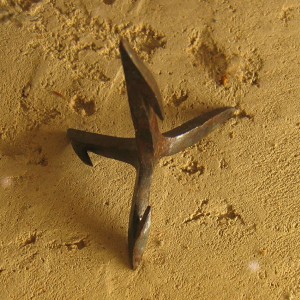
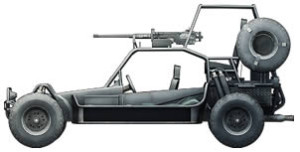
Thus, for thousands of years, this little iron beauty has been wreaking havoc on everything from Hannibal’s elephants to personnel transports like BF4’s DPV (see Figure 2), and it continues to be an effective anti-vehicle/personnel weapon (something that might be nice to have in the next iteration of Battlefield…HINT…HINT, EA/DICE).
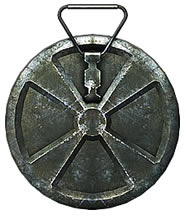
But for the Battlefield 4 community, nothing can replace the BOOM of the trusty Anti-tank (AT)-M15 (see Figure 3). When used in the right way, the AT becomes like a BROWN RECLUSE SPIDER just waiting for its unsuspecting prey (see Figure 4). But what exactly is the “right way” to use the AT? As someone who has used it, and used it well, I can tell you it all depends on the map, and more importantly, the terrain.

Of course, anytime you can produce a crater the size of a SWIMMING POOL to obstruct your enemy’s vehicle movements, you can be confident you are doing the right thing (see Figure 5). HOWEVER, that blade cuts both ways, and what may be an obstacle for your opponent, can also become one for yourself. Still, there is a strategy to the madness of mine deployment that goes all the way back to World War I, and the German’s efforts to counteract the terrible new mechanical beast known as “the Tank”.
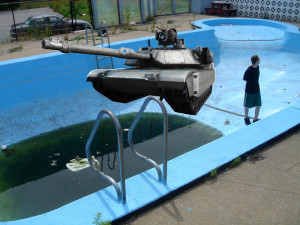
As the article, The Origins of Military Mines: Part II, notes, “During World War I, Germans scattered their AT mines…in locally created patterns to reinforce wire obstacles and ditches in front of trench lines” (click here for more information). In addition, AT deployments were, “often laid in triangular groups of 3 or more” at intersections and traffic lanes that were likely to be used by the enemy, or that represented a weakness in the defensive line (see History of Landmines above). Thus the role of the AT has always been both offensive and defensive, just like in Battlefield 4.
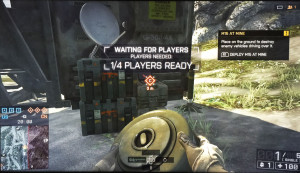
And yet, not every map benefits to same degree from a well placed mine field. The jungle maps of China Rising, and their uneven terrain (there’s that word again) make the AT an impractical, if not useless, choice of ordinance to carry. But then there are maps like, HAINAN RESORT, where the AT is not only effective, its almost UNFAIR to use it. As the title of this article suggests, the AT can be particularly useful in Hainan, and especially when playing OBLITERATION (see Figure 6).